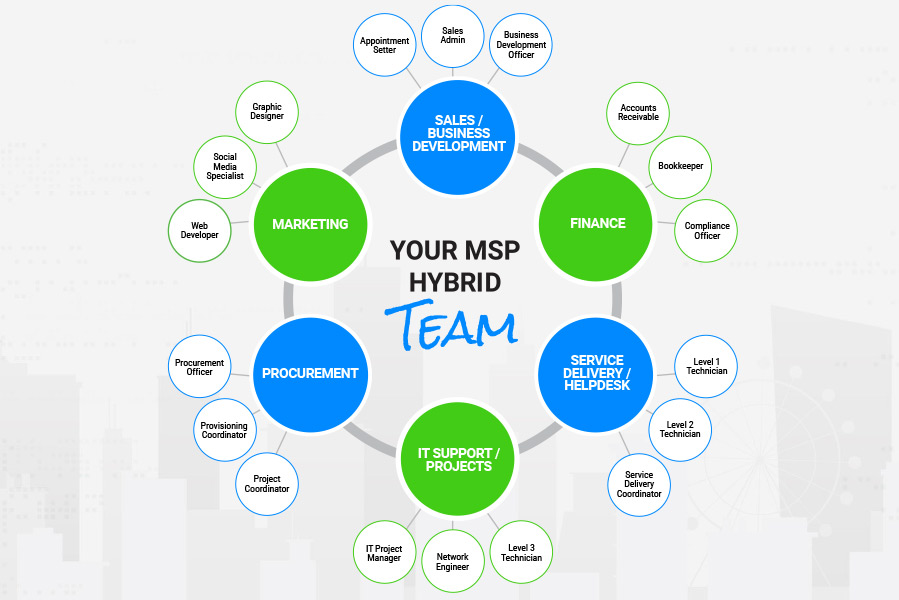In today’s fast-paced business world, companies are always looking for ways to increase their efficiency and boost their bottom line.
As businesses strive to reduce costs, many are turning to part-time employees to help fill their staffing needs. However, there are significant disadvantages that businesses need to consider.
We delve into the disadvantages of hiring part-timers and why it may not be the best choice for your business.
- Limited Availability
Part-time workers are limited in the number of hours they can work each week. They are often only contracted for a set number of hours each week and may not be available to work during periods of peak demand.
This can make it difficult for businesses to rely on them for critical projects or tasks where extra hours is a must. As a result, it can lead to missed deadlines and a reduction in productivity.
- Retaining Talent Becomes a Challenge in the Long Run
Part-time workers are often not eligible for the same benefits as full-time employees, such as health insurance, paid time off, and retirement plans.
This can lead to lower levels of job satisfaction and motivation, making it difficult to attract and retain top talent, and can result in the loss of valuable skills and knowledge.
- Difficulty in Training
Part-time workers may require more training time than full-time employees due to their limited availability. This means you’ll have to put a more significant amount of time and resources into your business.
- Lack of Loyalty
Part-time workers may not feel a sense of loyalty to the company, as they are not full-time employees. This can result in them being more likely to jump ship for a better opportunity elsewhere.
In conclusion, while hiring part-timers can offer some cost savings, it’s important for businesses to consider the potential disadvantages and weigh the costs against the benefits.
With the increasing shortage of talent, businesses may want to consider alternative strategies, such as upskilling their existing employees or building their own dedicated team with offshoring.
Here are several benefits that you can get when you hire an offshore staff/team:
- Lower labor costs: Offshoring can provide access to a larger pool of talent at a lower cost, which can help companies reduce their overall labor costs.
How we do it: We help you save up to 70% in labor costs since the price of hiring staff offshore is cheaper. We make sure it’s a win-win situation for you—you get the talent you need without compromising on the quality of your services.
- Increased efficiency: With a wide pool of highly skilled talents in your pipeline, you can increase your business’s overall efficiency, such as providing 24/7 customer service and improving overall productivity.
How it works: Your offshore team acts as support to your onshore/in-house team. They can provide additional manpower to help onshore teams complete projects faster or take on more work.
- Dedicated Staff: While part-timers are spending their time working for different gigs, an offshore team is fully dedicated to your business needs.
How it works: An offshore team can focus solely on your business requirements. Meaning, more can be done at a faster rate.
It’s a different story when you have your own global team as they are more committed to bringing unique perspectives and specialized skill sets that are beneficial to your organization.
While hiring part-timers can seem like a cost-effective solution for businesses, the disadvantages far outweigh the benefits.
From the talent shortage dilemma to increased absenteeism and decreased commitment, relying on part-timers can lead to more problems than it solves. If you’re looking for a solution that will benefit your business in the long run, offshoring with TGT is key.
Besides, in some cases, the rates of a part-timer in your area may be similar to those hiring a full-time offshore staff. Want to learn how you can save more with a full-time offshore staff than a part-timer? Have a conversation with us.











